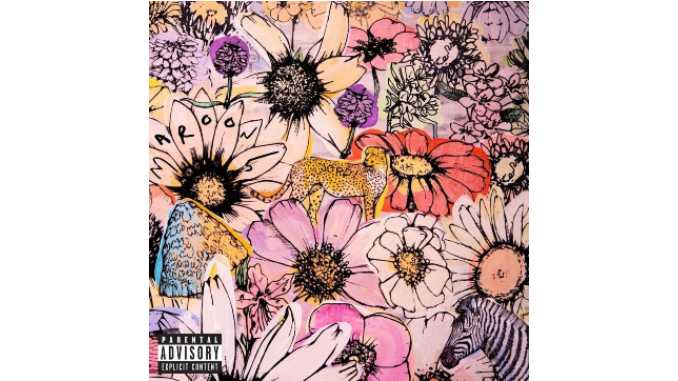Maroon 5’s JORDI Is a Convincing Enough Case for Simulation Theory
The new album from the pop superstars breaks impressively little ground

The new Maroon 5 album JORDI makes me fear for the future of civilization. Throughout its 11 tracks, Adam Levine and his “band” (series of producers) make a compelling argument for simulation theory, sharing songs that sound convincingly enough like music while every facet of humanity has been polished away, leaving only a series of cheap hooks designed to be played at a Five Below. As we continue to cascade into the climate of A.I.-produced music and our lives are being further distilled by social media companies into algorithms every day, we must ask ourselves complicated questions about the value of human creativity in modern art, lest we lose it entirely. On JORDI, Maroon 5 present the apocalypse of true mediocrity—a flaccid smattering of pop trends that have long since passed and melodies so transparently halfhearted, it barely sounds like a person even made them.
Levine, now probably more famous as a TV game show host than as a musician, sucks the presence out of almost every track on the album with his squeaky, often 645AR-like falsetto. Once, he led a band that made satisfying, sexy adult contemporary hits like “This Love” and “Makes Me Wonder”—but sadly, this is a post-”Moves Like Jagger” society, and we have to live with the consequences of that. The sexy swagger that characterized the band is gone and replaced with … what? Single and album opener “Beautiful Mistakes” sounds like pop music-shaped air—featuring the warm guitar strums that dominated the airwaves back in 2017 and a tiresome “nah nah nah” vocal melody, the track is only saved by a Megan Thee Stallion feature on which the rapper sounds restrained by the lifeless instrumental. On “Lost,” 42-year-old Levine does his best imitation of 19-year-old pop star Billie Eilish’s style of songwriting and production, and it ends up being one of the most successful songs on the album as a result.
-

-

-

-

-

-

-

-

-

-

-

-

-

-

-

-

-

-

-

-

-

-

-

-

-

-

-

-

-

-

-

-

-

-

-

-

-

-

-

-








































